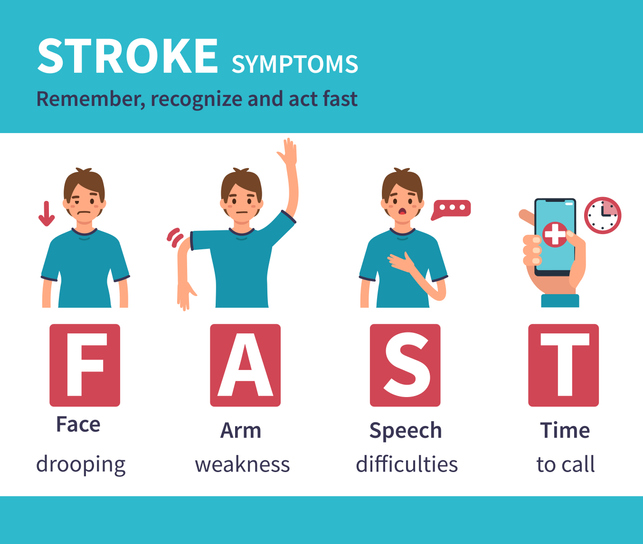Unlike heart disease or diabetes, strokes occur without much warning. The sudden onset of strokes often leaves both patients and families in a state of shock, fear and loss. The drastic changes in the patient can be hard to cope with. Trouble walking, talking, swallowing, and memory loss are just a few among the large amount of effects strokes can have. The challenges do not end after the patient leaves the hospital. Caring for stroke victims is challenging for even the most experienced caregiver.
Stroke recovery is highly variable. It can depend on age and severity of the stroke. Everyday Health details the facts and challenges that one may face while caring for stroke victims. Recovery can take anywhere from six months to more than a year. But unfortunately, full recovery is not always possible. Much of the time, patients are left with permanent handicaps and lingering effects.
You may ask yourself how much to intervene as a caregiver during the recovery process. In this case, consider the fact that quality of life is the goal of rehabilitation. Suggest leisure activities and outings that are not too strenuous. This will help prevent depression that may result from their condition. In addition, encourage as much independence and participation as possible. But keep in mind any limitations. Participation in one’s own recovery is important. It will help maintain a sense of control over life.
As a caregiver, communication is vital. Communicate with healthcare providers regarding any changes. After all, you probably are spending more time with the patient than they are. Trust your communication with the patient, whether it’s verbal or nonverbal. Furthermore, monitoring risk factors like high blood pressure and diabetes is now more important than ever.
Caring for stoke victims can be rewarding. Yet at the same time, it might be one of the most physically and emotionally demanding jobs you can do. Remember there will be ups and downs throughout the recovery. Don’t always expect a full recovery, but work hard to make as much progress as possible. Lastly, remember to care for yourself too. This will ensure you can care for the patient in the most effective way possible.


